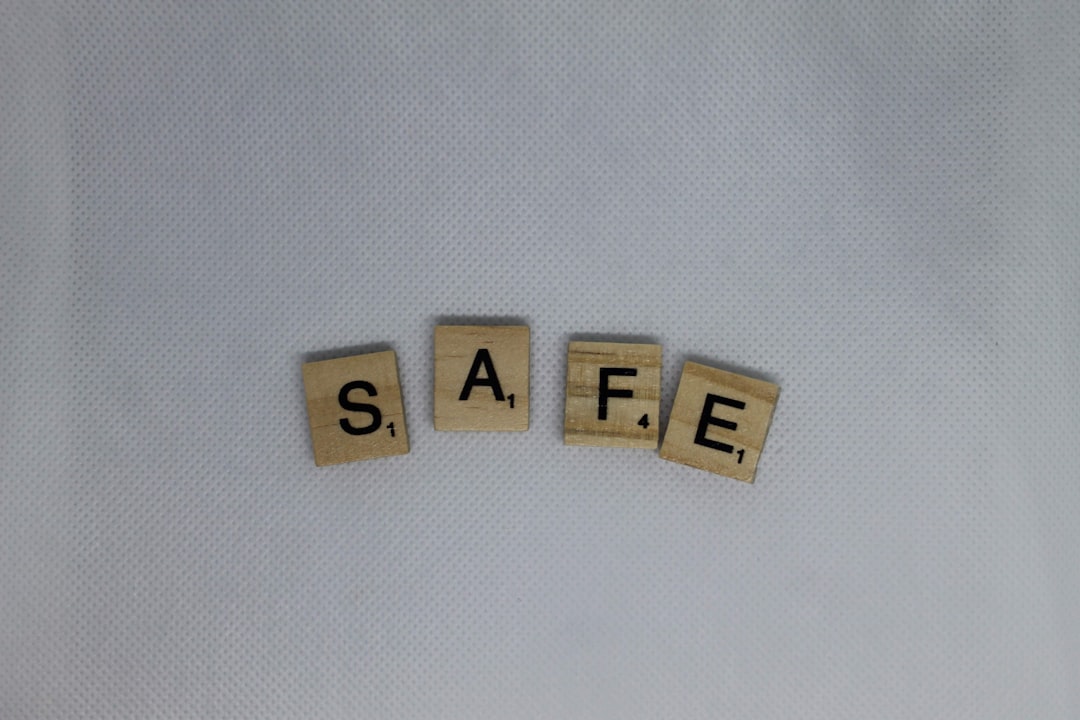What is it about?
Impact of training on capacity development of women who participated in HIV prevention clinical trials and then became peer educators. The training empowered the women to raise awareness of HIV prevention option within their community and to encourage people to test for HIV infection.
Featured Image
Why is it important?
Training peer educators may be a sustainable option for ensuring that communities have access to information and support in terms of accessing HIV prevention, treatment and care services. With limited resources in developing countries, peer educators may be partners in research trials where they address misconceptions about research and HIV in the community.
Perspectives
Clinical trial participants trained as peer educators may be ambassadors of promoting public health and HIV prevention options using their own personal experiences. Their voices on issues of research is powerful as it is authentic and honest.
Mrs Neetha NS Shagan Morar
South African Medical Research Council
Read the Original
This page is a summary of: Research participants’ skills development as HIV prevention peer educators in their communities, Journal of Health Psychology, June 2016, SAGE Publications,
DOI: 10.1177/1359105316655470.
You can read the full text:
Contributors
The following have contributed to this page










